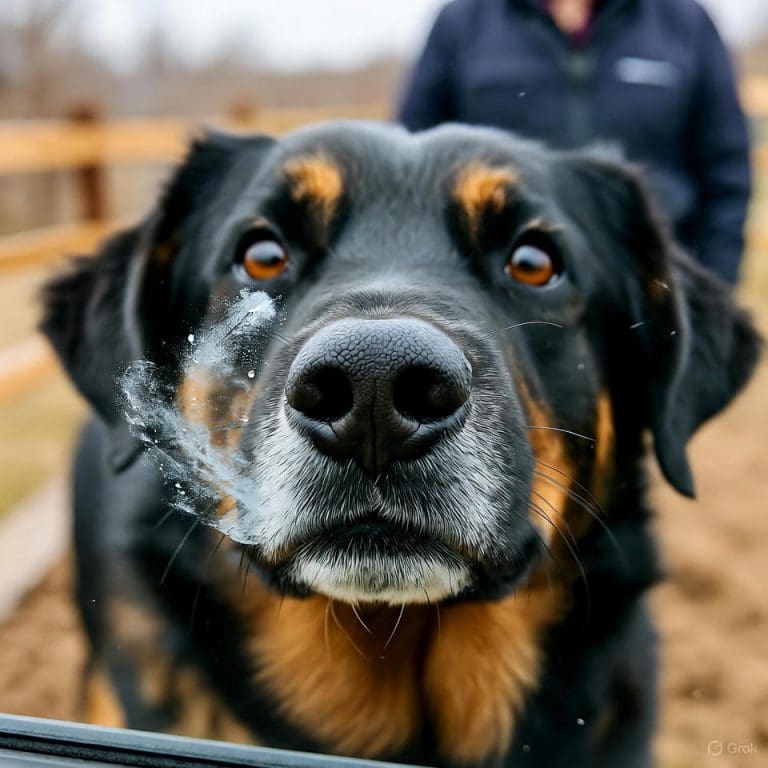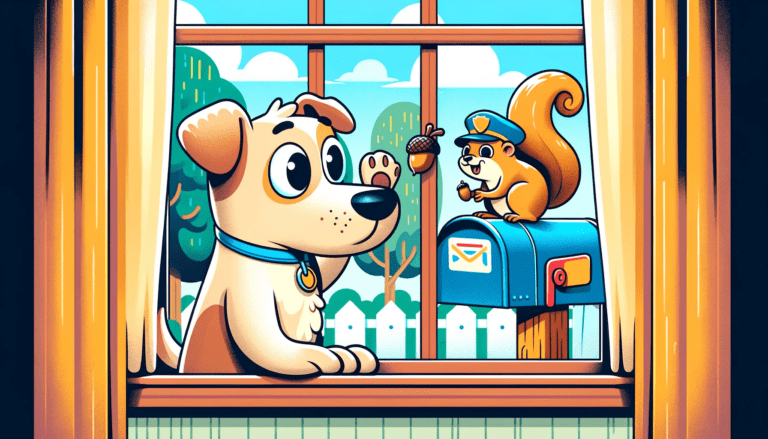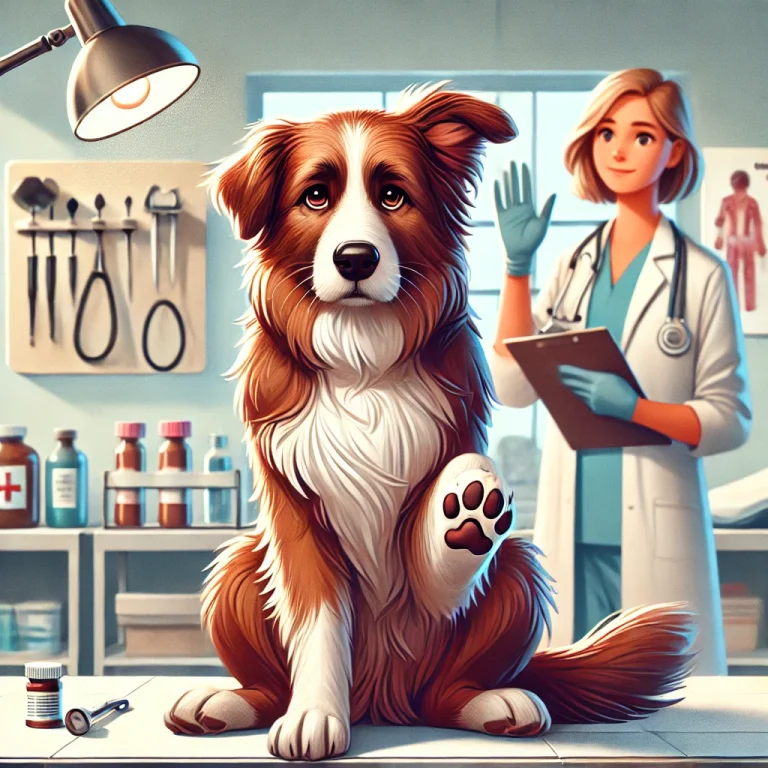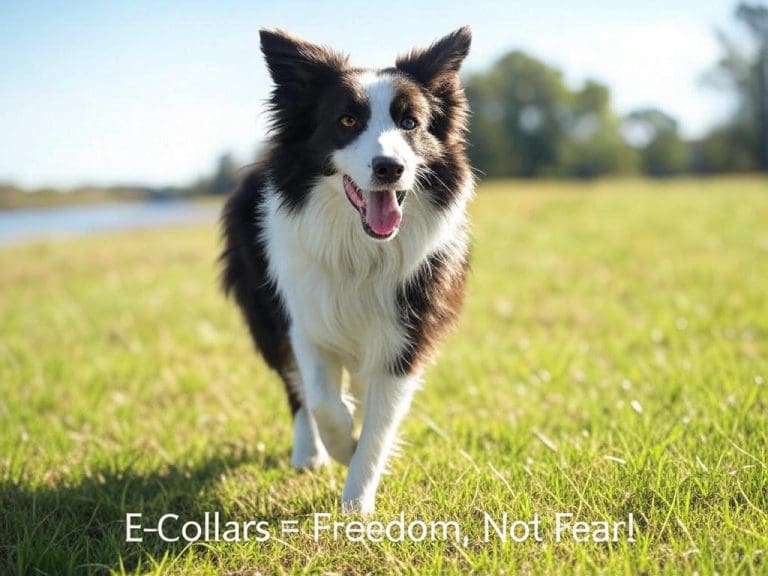Dog Gas Unleashed: Your Dogs Silent-but-Deadly Gas Explained
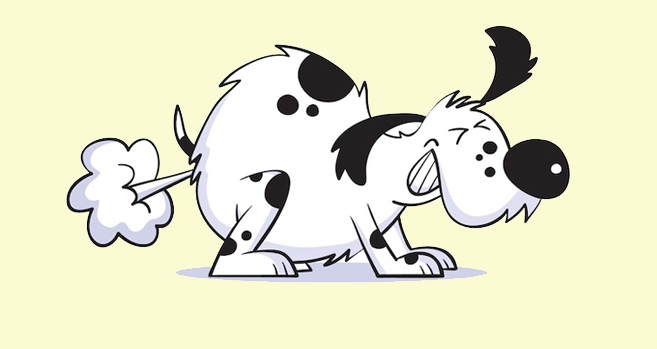 Let’s talk about something we’ve all experienced but seldom discuss: the odorous impact of canine flatulence. If your fur baby’s “air biscuits” have ever made you wonder if you’re living with a pet or a biological weapon, this article is your survival guide.
Let’s talk about something we’ve all experienced but seldom discuss: the odorous impact of canine flatulence. If your fur baby’s “air biscuits” have ever made you wonder if you’re living with a pet or a biological weapon, this article is your survival guide.
Causes of Excessive Flatulence: Fido’s Fart Files Unzipped
Diet: Culinary Crimes Against HumanityImagine eating only fast food for a week straight. Sure, it tastes good going down, but your stomach’s revenge will be swift and unrelenting. Similarly, foods rich in complex carbs and fatty proteins might delight Fido’s palate but offend everyone else’s olfactory senses.It’s simple, really. The richer and harder-to-digest the food, the more gas gets produced during digestion. Sometimes, opting for dog foods with fewer artificial fillers and more natural ingredients can save your nose and Fido’s dignity.Food Intolerance: Drama at the Doggy Dinner TableWe all have that one friend who turns into a gas factory after consuming dairy. Well, your pup can be lactose intolerant too, and some dog foods contain lactose or other common allergens like wheat or soy.Signs of food intolerance can range from simple flatulence to diarrhea or even vomiting. So, if you notice more frequent ‘toots’ accompanied by other symptoms, consult your vet for allergy testing and dietary solutions.Gastrointestinal Issues: Internal Chaos UnleashedRemember that embarrassing moment during a date when your stomach decided to make its presence known? Digestive disorders like IBS or IBD can turn your pup’s tummy into a ticking time bomb of embarrassment.Often, gastrointestinal issues are a byproduct of inflammation or other underlying disorders. The vet can perform a variety of tests, including stool analyses or even endoscopies, to diagnose the issue and prescribe medication or diet changes accordingly. Ingesting Air: The Accidental TubaEver chew gum and talk at the same time, only to become a human balloon? Dogs can trap air when they eat too fast or gulp water, which later takes the ‘express elevator’ out.The problem here is mostly mechanical. Simple solutions like anti-gulp bowls or food puzzles can slow down your pup’s eating and reduce air ingestion. Changes in Diet: A Recipe for DisasterSwitching from a balanced diet to a taco cleanse overnight is a foolhardy endeavor. Likewise, abruptly changing Fido’s regular meal to something exotic can spell disaster for his digestive tract.Any changes to your dog’s diet should be gradual. Start by mixing a small amount of new food with the old food, increasing the proportion over at least a week. This slow introduction gives your dog’s digestive system time to adapt, minimizing the musical contributions from his backside.
Remedies for Excessive Flatulence: Unveiling Fido’s Non-Lethal Potential
High-Quality Diet: Posh PuppyGoing from fast food to a balanced diet of lean proteins, grains, and veggies is a game-changer. Similarly, a high-quality diet can literally make your dog’s emissions less… volatile.Check labels carefully and choose dog foods with easily digestible proteins, and low levels of fats and fermentable fibers. This is like upgrading from a used jalopy to a luxury sedan — for your nose. Slow Down Eating: A Mindful MunchMindful eating has its benefits for humans, like less gas and better digestion. For dogs, the principle holds the same value.Slow-feed bowls have compartments that make it more challenging for your dog to eat quickly. Think of it as an obstacle course for his face, but the prize is less farting. Probiotics and Enzyme Supplements: The Inside JobThink of your gut as a delicate ecosystem. When something’s off, you might need to reintroduce good bacteria via probiotics. The same applies to your pup.Consult your vet for the right probiotic or enzyme supplement for your dog. These supplements improve the gut flora, making digestion smoother and minimizing gas. Smaller, More Frequent Meals: Mini-Meals for Mini-ExplosionsEating five to six smaller meals a day can help humans avoid a gassy buildup. For dogs, it’s not much different.Dividing your dog’s daily food portion into smaller, more frequent meals can lessen the workload on his digestive system, leading to fewer ‘windy moments.’ Consult a Veterinarian: When All Else FailsSometimes, chronic gas is a sign that something more serious is at play. In these cases, medical advice is invaluable.If you’ve tried everything and your dog’s gas could still be weaponized, it’s time to consult a vet. They can diagnose underlying issues and recommend specific treatment plans.With these tips and tricks, we hope to transform your smelly companion into the perfect room-clearing antidote. May the farts be with you!

